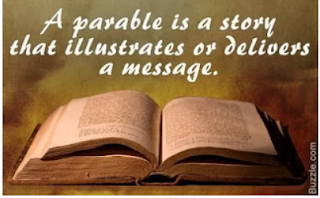Monday's new time schedule
Same links!

******************************************************
As noted thrice previously this week:
WARNING!!!! This past weekend, the previous chapters that we have been listening to read by Trevor Noah have been removed. That means, if you have not been keeping up, the previous links to the individual chapters are no longer working! You may however access the previous audio chapters through Born a Crime audio link..access to all chapters
**************************************************
Have you checked powerschool for your current grade? Need assistance in locating the assignment? Check google classroom by date, check the classblog by assignment title in the search bar or send an e-mail for assistance.
In class: we are reading chapter 13
Class / homework: see end of the blog and Tower of Babel
Chapter 13 Colorblind 107-111 text
Chapter 13 go to number 16 on the audiolink Colorblind number 16 on link 15min 58
Vocabulary:
 trellis (noun)...a type of gate
trellis (noun)...a type of gate
*******************************************************************************
Tower of Babel assignment Due by Sunday at 6 pm
Below are three paragraphs that make up the foreward to chapter 14 on page 112 in the text.
1. Read the three paragraphs and note in red the Tower of Babel
2. Look up what the Tower of Babel was.
3. Explain why Trevor Noah uses the Tower of Babel as a metaphor for South Africa.
South Africa has eleven official languages. After democracy came, people said, “Okay, how do we create order without having different groups feel like they’ve been left out of power again?” English is the international language and the language of money and of the media, so we had to keep that. Most people were forced to learn at least some Afrikaans, so it’s useful to keep that, too. Plus we didn’t want the white minority to feel ostracized in the new South Africa, or else they’d take all their money and leave.
Of the African languages, Zulu has the largest number of native speakers, but we couldn’t keep that without also having Xhosa and Tswana and Ndebele. Then there’s Swazi, Tsonga, Venda, Sotho, and Pedi. We tried to keep all the major groups happy, so the next thing we knew we’d made eleven languages official languages. And those are just the languages big enough to demand recognition; there are dozens more.
It’s the Tower of Babel in South Africa. Every single day. Every day you see people completely lost, trying to have conversations and having no idea what the other person is saying. Zulu and Tswana are fairly common. Tsonga and Pedi are pretty fringe. The more common your tongue, the less likely you are to learn others. The more fringe, the more likely you are to pick up two or three. In the cities most people speak at least some English and usually a bit of Afrikaans, enough to get around. You’ll be at a party with a dozen people where bits of conversation are flying by in two or three different languages. You’ll miss part of it, someone might translate on the fly to give you the gist, you pick up the rest from the context, and you just figure it out. The crazy thing is that, somehow, it works. Society functions. Except when it doesn’t.







Comments
Post a Comment